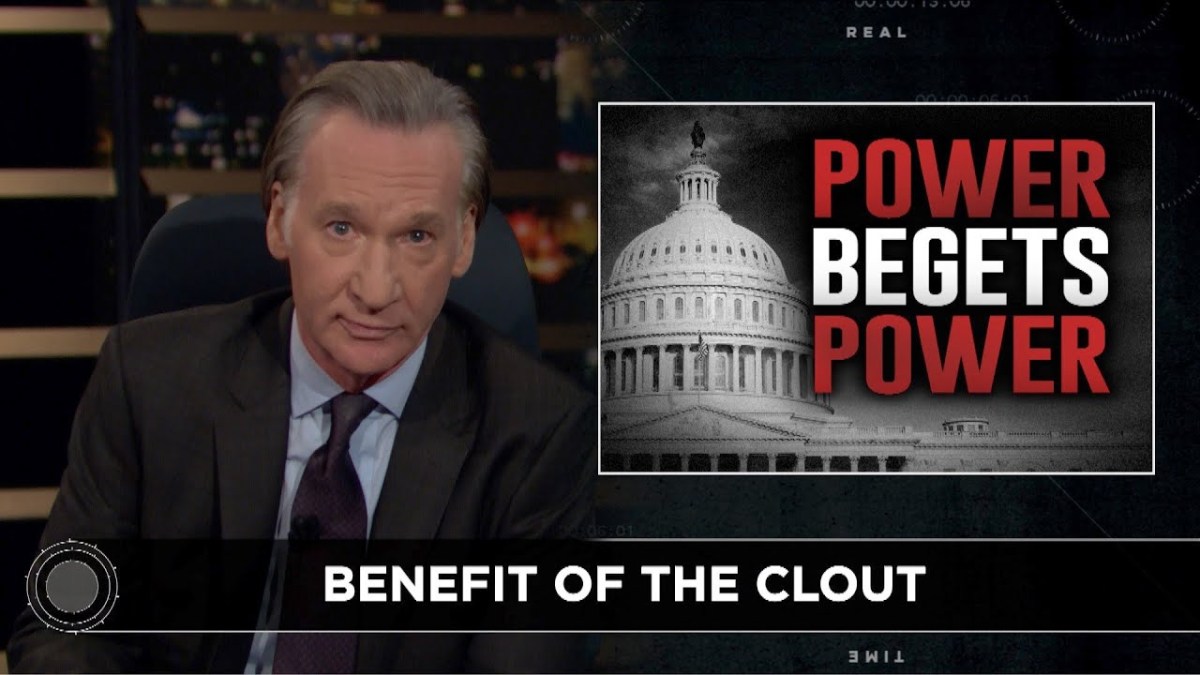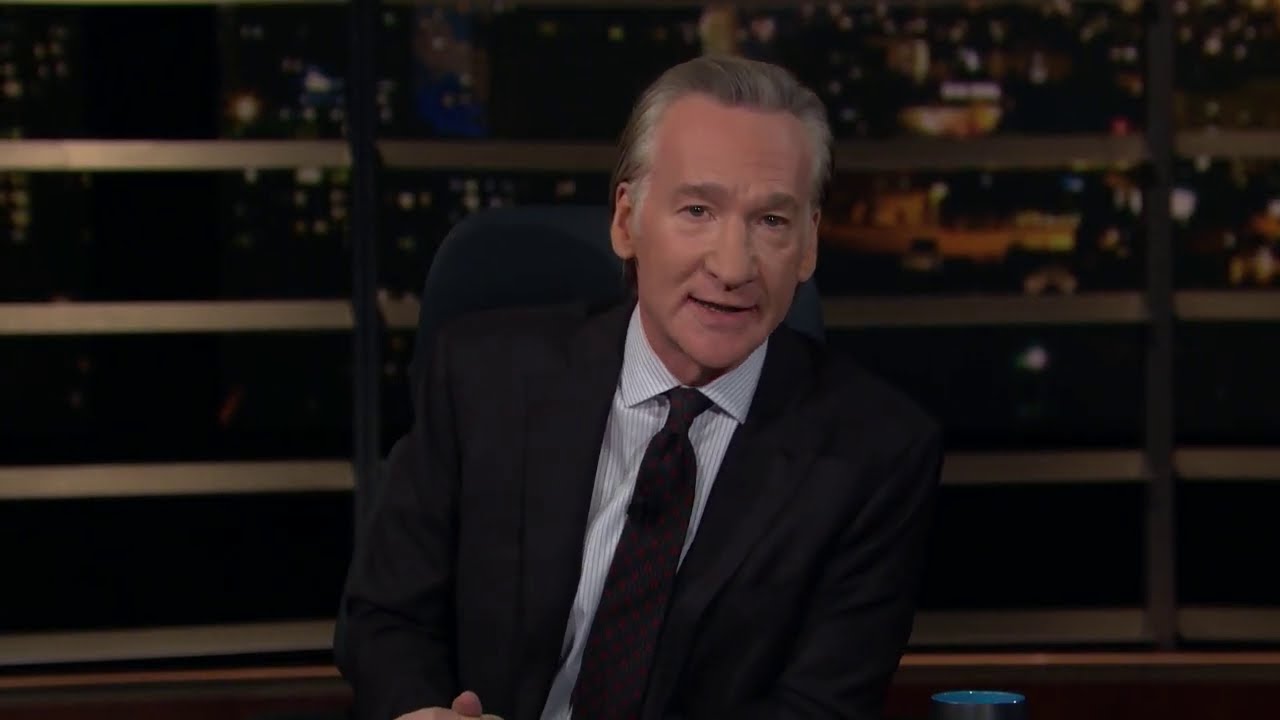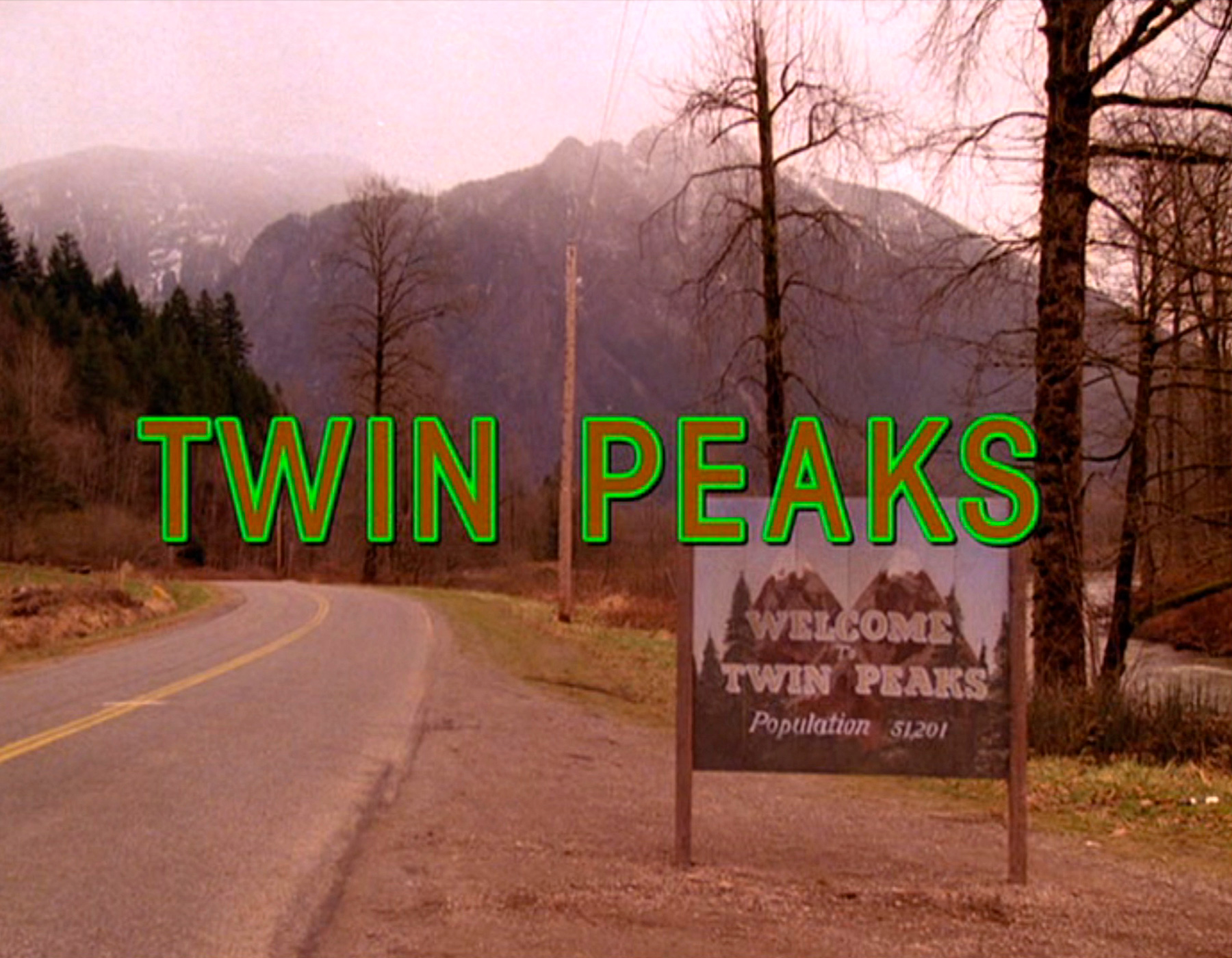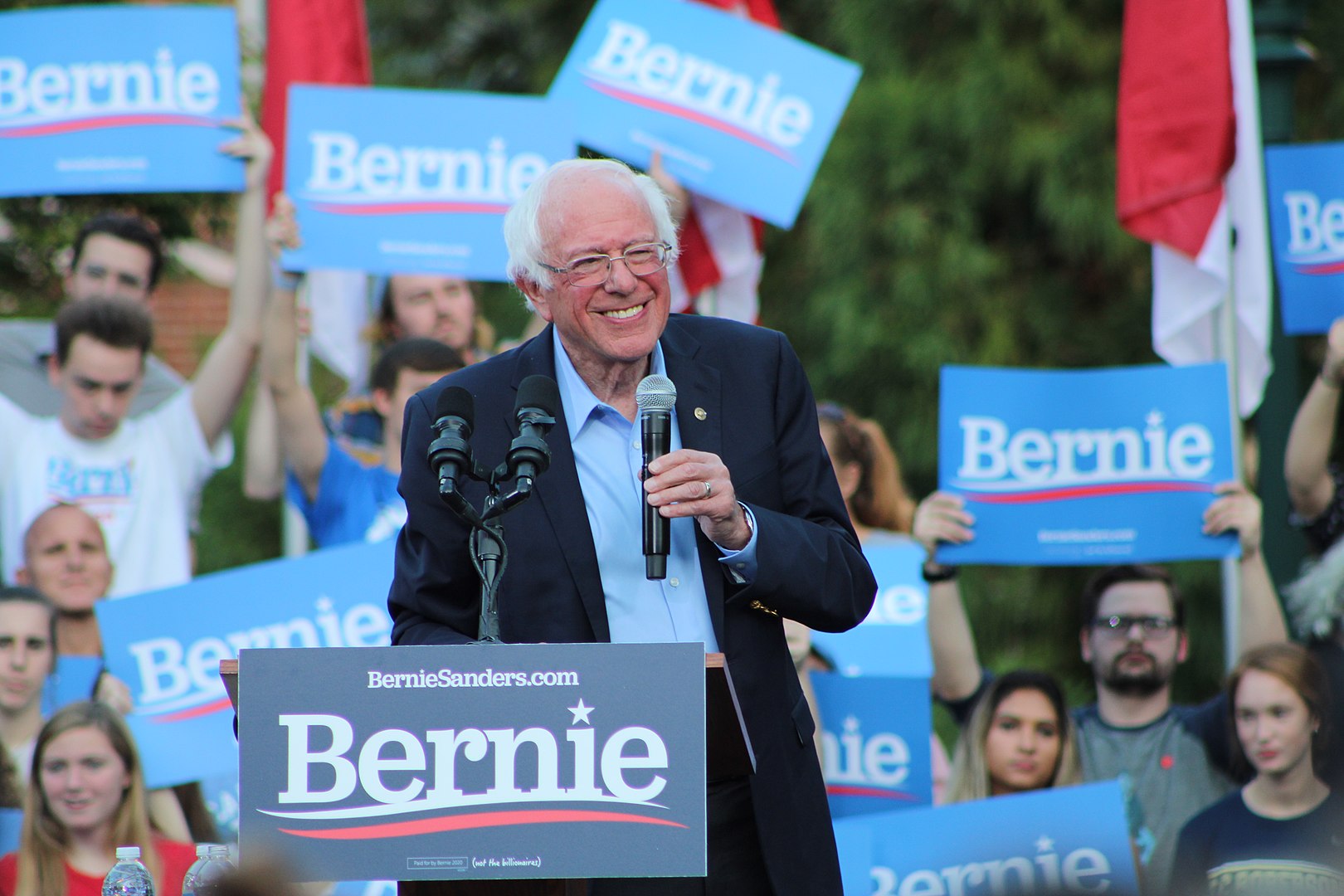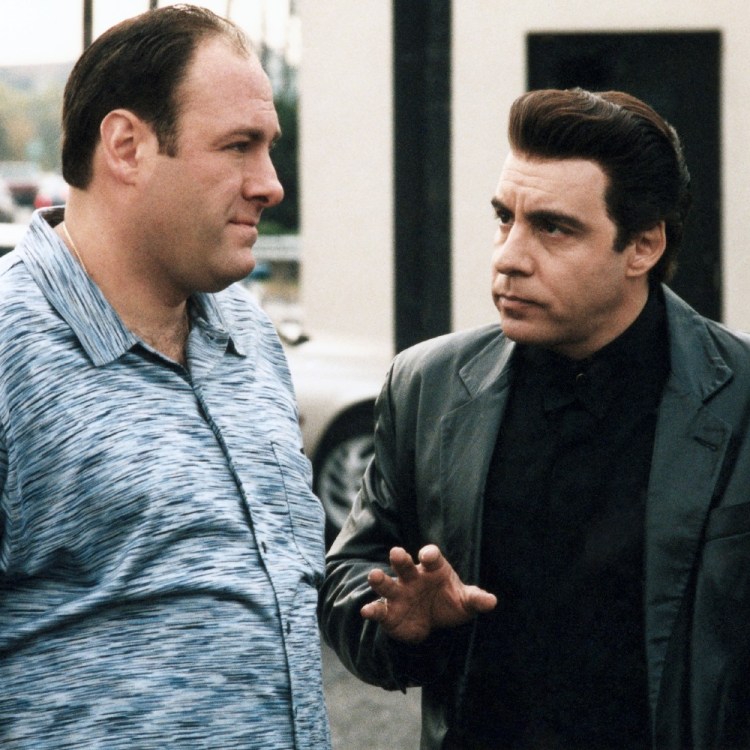“Nothing says democracy like a president who’s a squatter.” Bill Maher opened the latest episode of Real Time With Bill Maher with an impassioned reaction to Donald Trump’s reticence on the peaceful transition of power post-election. Admittedly, Maher has spent the last few episodes raising the alarm over potential election issues — making this week’s comments from the White House both alarming and vindicating. Later in the episode, Maher cued up a montage of times when he’d alluded to this in the last 2 years; it was both self-congratulatory and more than a little unsettling.
Maher’s opening monologue balanced a general tone of outrage with a few reminders that he’d seen this coming. Also in the mix: jabs at some obvious targets (one assumes Maher will be poking fun at Jerry Falwell Jr. for months to come), and a searing take on the current administration’s tendency to stall on announcing a new health care plan. “In the time it took Trump not to come up with the plan, nature came up with a whole new disease,” Maher quipped.
The first guest on the evening’s episode? Bernie Sanders. As Maher quickly pointed out, the transfer of power post-election (or potential lack thereof) is a subject that both he and Sanders have been alarmed by and have discussed previously. This time, the conversation took a slightly different route, with Maher pressing Sanders for specifics and Sanders making the case for focusing on the upcoming election first and dealing with a potentially unprecedented situation second, should that arise.
Both men made good points, even as the conversation turned somewhat contentious. That mode of heated debate continued for the evening’s panel, when Maher was joined by CNN’s Bakari Sellers and Coleman Hughes of the Manhattan Institute.
“To be Black in America is to be in a perpetual state of grieving,” Sellers said early in the panel. And for much of the discussion, Sellers kept things grounded — pointing out areas in which he and Hughes agreed, and offering lived experience to counter some of Maher’s more theoretical questions.
Much of Sellers’s rhetoric was about finding common ground among all 3 panelists — including focusing on the importance of police accountability. When Maher brought up the idea that his generation had been raised with a kind of color-blind racism, however, the look Sellers gave him was memorably incredulous. The panel closed on a note of relative unity, as Sellers, Hughes and Maher all expressed concern for potential violence in the wake of the election. For a discussion in which all 3 had staked out different positions, the moment of convergence resonated.
How do you follow a heated debate over some of the biggest issues facing the nation? You bring in Jim Belushi and ask him if he’s holding. (Belushi now grows pot in Oregon.) Belushi responded in the affirmative and tossed a package of his product at Maher. “It’s very Green Acres,” Belushi noted.
Later, Belushi touted the benefits of microdosing — both from personal experience and from people he’s encountered who have used weed to treat their PTSD. He also spoke about his work with the Last Prisoner Project, and the racial disparities of drug offense sentencing.
For this week’s New Rules, Maher opted to go after some obvious targets — car salespeople, hypocritical do-gooders and deceptive online sellers among them. This all segued into a more urgent point at the end, as Maher brought up the ways in which power can beget power, and brought up the Trump administration’s filling of judiciary positions as one such example. It was a somber note on which to end things — but it was certainly of a piece with the mood that came before.
Subscribe here for our free daily newsletter.
Thanks for reading InsideHook. Sign up for our daily newsletter and be in the know.
